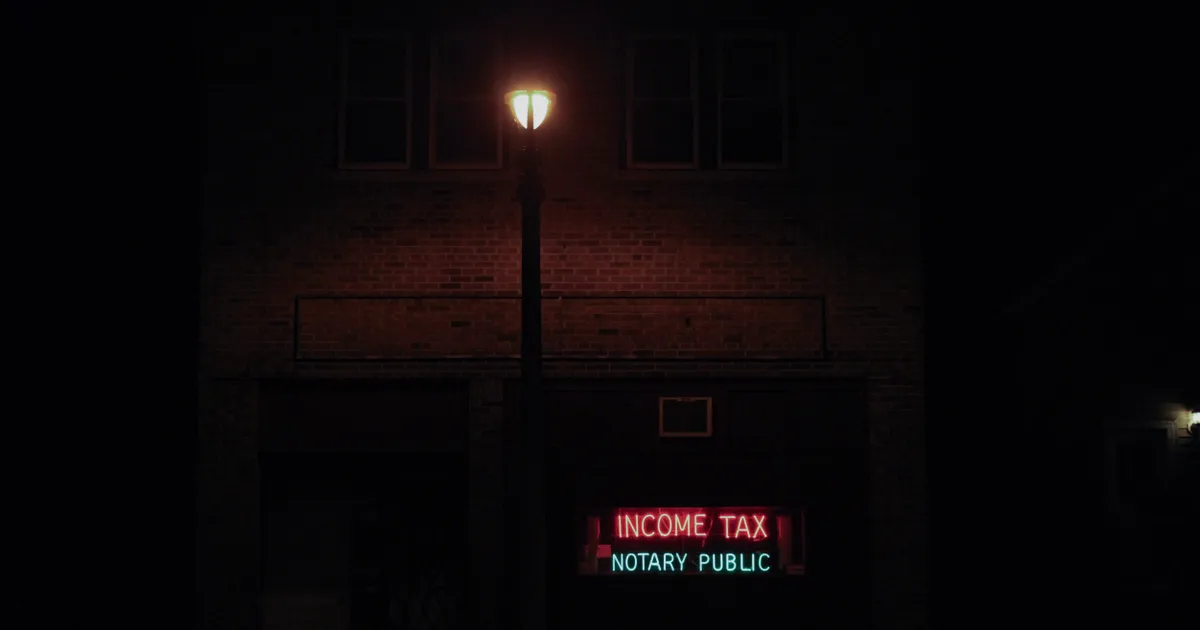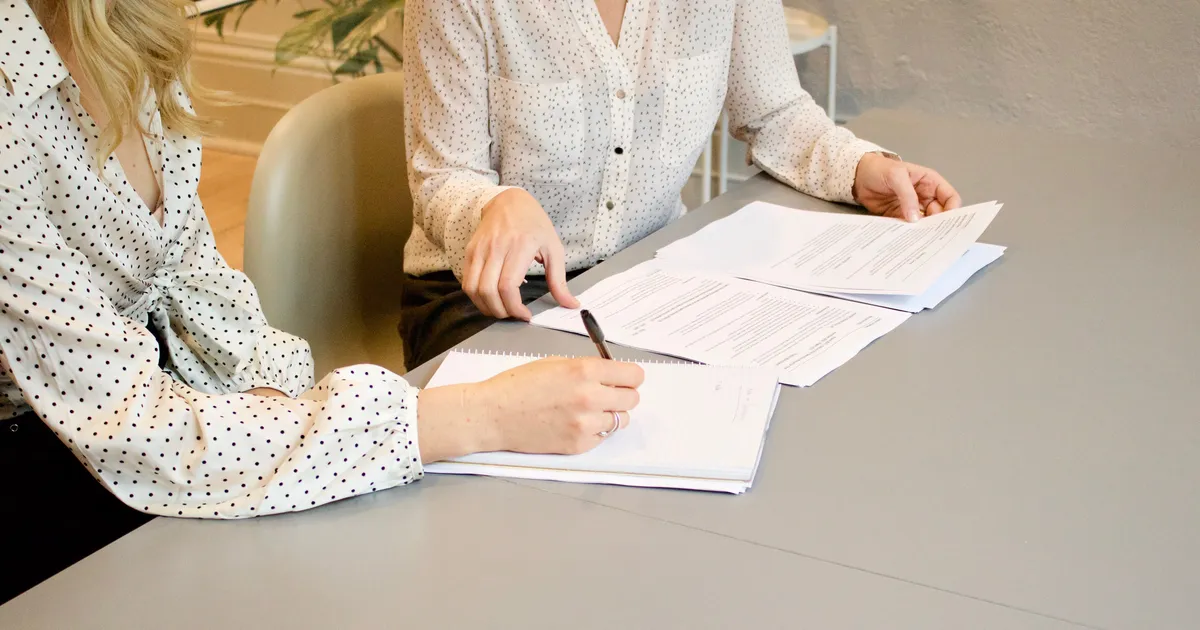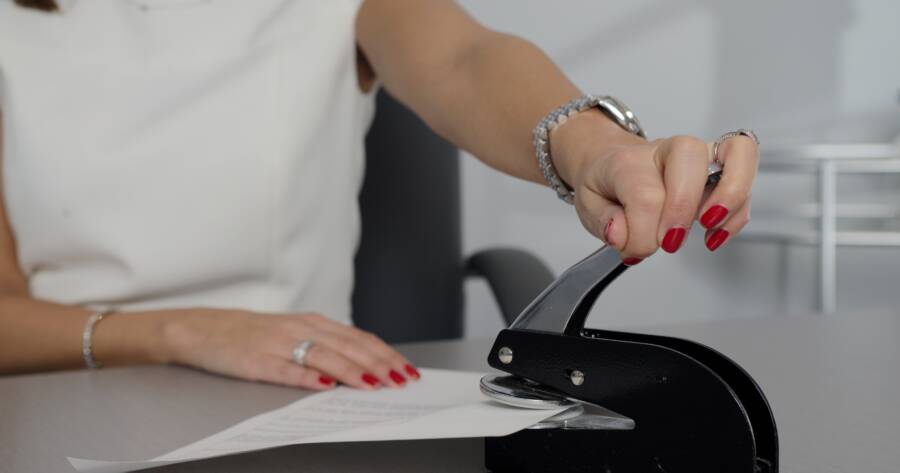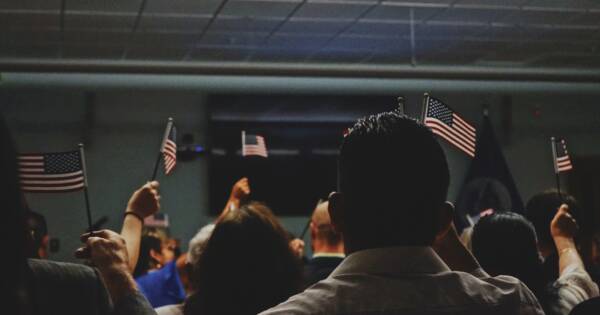A notary public verifies the identities of people who sign documents to help prevent fraud. Learn about the services of a notary public and how to find one.
When it comes to important business or personal documents, one way to prevent fraud is to have a notary public authenticate signatures. There are more than 4.4 million state-commissioned notaries in the United States who verify the identities of people who are signing documents.
This article provides an overview of the function of a notary public and how to locate one.
What Is a Notary Public?
A notary public is a person commissioned by the state government to administer oaths and verify the authenticity of signatures on documents. They ensure that:
- The person signing the document is who they say they are
- The person is mentally aware, alert and understands what they’re signing
- The person is signing willingly and isn’t under coercion
Once a notary is confident in the above, they typically certify the document with a stamp or embossed seal.
Where Do Notaries Get Their Authority?
Notaries are appointed by individual state governments and must follow the notary laws in that state. Duties and roles vary between states. There are no federal notary laws.
Notaries receive a commission number and an expiry date on their commission. This information typically appears on a notarization. Commissions usually last four years, and notaries must follow appropriate renewal procedures to continue having the authority to perform these duties.
 TJ Dragotta/Unsplash
TJ Dragotta/UnsplashWhat a Notary Can’t Do
Notaries don’t certify that the contents of a document are true — only the identity of the person signing. The individual who signs the form is responsible for the truthfulness of a document.
In the United States, a notary public is different from a Notario Publico, which is an attorney, judge or high-ranking official in Latin America. Notaries can’t give legal advice or prepare documents for signature unless they’re also an attorney.
Why Documents Need to Be Notarized
Documents that are often notarized include:
- Real estate deeds
- Powers of attorney
- Advanced health directive forms
- Promissory notes
- Medical authorizations
- Vehicle bills of sale
Notarizations carry legal weight and are meant to provide a level of trust and protection when it comes to important documents. It’s also intended to deter fraud, forgery and identity theft.
How Does a Notary Public Verify Identity?
A notary public must have sufficient evidence of a person’s identity before notarizing a document, including:
- Knowledge of the individual signing the document from personal association.
- Verification of the individual’s identity through documents, such as a passport, driver’s license or government ID. The notary can request any additional records until they’re fully satisfied they can confirm the person’s identity.
- A third-party witness who personally knows the individual signing the document. Known as a credible identifying witness, this person verifies the person’s identity on oath or affirmation and must also provide their own identification.
 Gabrielle Henderson/Unsplash
Gabrielle Henderson/UnsplashWhat Does a Notary Public Do?
Here are some of the common services provided by a notary public:
Acknowledgments
An acknowledgment certifies that the person who signs a document is who they claim to be and has signed the document voluntarily. The individual must appear personally before the notary.
While most people sign acknowledgements in the presence of the notary, in some cases, they can pre-sign the document and declare that the signature is theirs. Deeds, mortgages and trusts often need acknowledgments.
Affidavit or Jurat
A notary may also administer an oath or affirmation in which the person signing a document promises the contents of the form are true. These are often used for depositions or affidavits used as evidence for legal purposes. The individual signing the jurat may be prosecuted if the contents aren’t truthful.
Copy Certifications
In some states, a notary may confirm that a reproduction of a document is the exact match of an original document. The notary typically makes a photocopy of the original and then certifies that it’s a true and complete copy.
Copies of contracts, medical records and diplomas may be certified. In most states, copies of vital records, such as birth, death, and marriage certificates, can’t be certified.
Other Services
While state laws regulate what services a notary can provide, in some states a notary public may also be able to:
- Take and certify depositions
- Certify the contents of a safety deposit box
- Perform civil marriage ceremonies
 Samantha Gades/Unsplash
Samantha Gades/UnsplashUsing the Services of a Notary Public
There are several ways to use the services of a notary public.
- Travel to a notary public’s location of business
- Have a mobile notary travel to you
- Use a remote or virtual notary service, subject to state laws
Remote Notarization
Remote online notarization is increasingly common, although it isn’t available in all states.
States that have passed and implemented remote notarization laws permit notaries to perform their duties using webcam technology. Some of these virtual notary services include NotaryCam, OnlineNotary.us, and Notarize.com.
Where to Find a Notary Public
Notaries often work at:
- Real estate offices
- Law firms
- Banks
- AAA offices
- Accounting offices
You may wish to call these offices and ask if the services of a notary public are available. You can also find notaries near you using online directories and search engines. It’s a good idea to read online reviews if they’re available to ensure you’re using a qualified notary who’s knowledgeable about state laws.
U.S. Embassies and Consulates
Notarizing officers at U.S. Embassies and Consulates outside of the country have notarizing officers that serve a similar function to a notary public.






